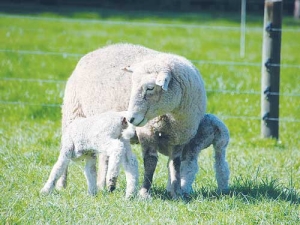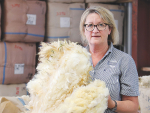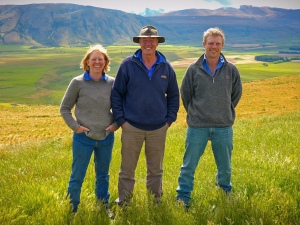Higher volumes than anticipated, a stronger New Zealand dollar and sluggish overseas interest over the past weeks added to the softer tone.
Despite the easier market, 93% sold. The weighted currency indicator lifted 0.83%.
Ching advises that compared to the December 3 sale, Mid Micron Fleece were 2.5 to 4% cheaper.
Compared to the North Island sale of December 10, Fine Crossbred Fleece and Shears were generally 1 to 3% cheaper however some specific types resisted this trend.
Coarse Crossbred good colour fleece remained firm with average and poor styles 1 to 2% easier.
Crossbred Shears were firm to 2% cheaper with good support for the better style shorter wools.
First Lambs eased 1.5 to 3%. Oddments received varied support, ranging from firm to 6% cheaper.
There was good competition with China, Australasia and Western Europe principals supported by Middle East, United Kingdom and India.
The next sale is on January 7, 2016 comprising about 13,000 bales from the North Island.














